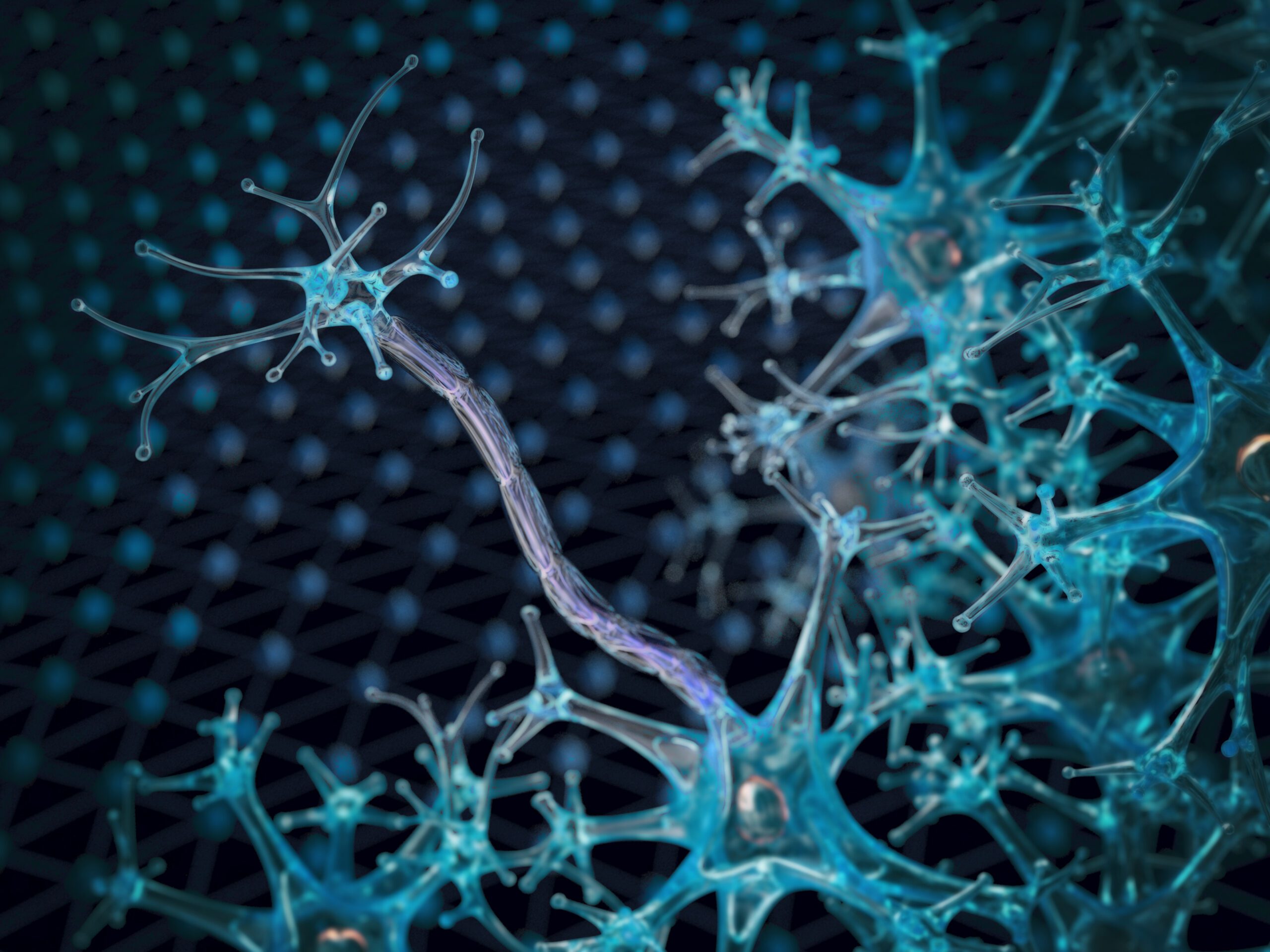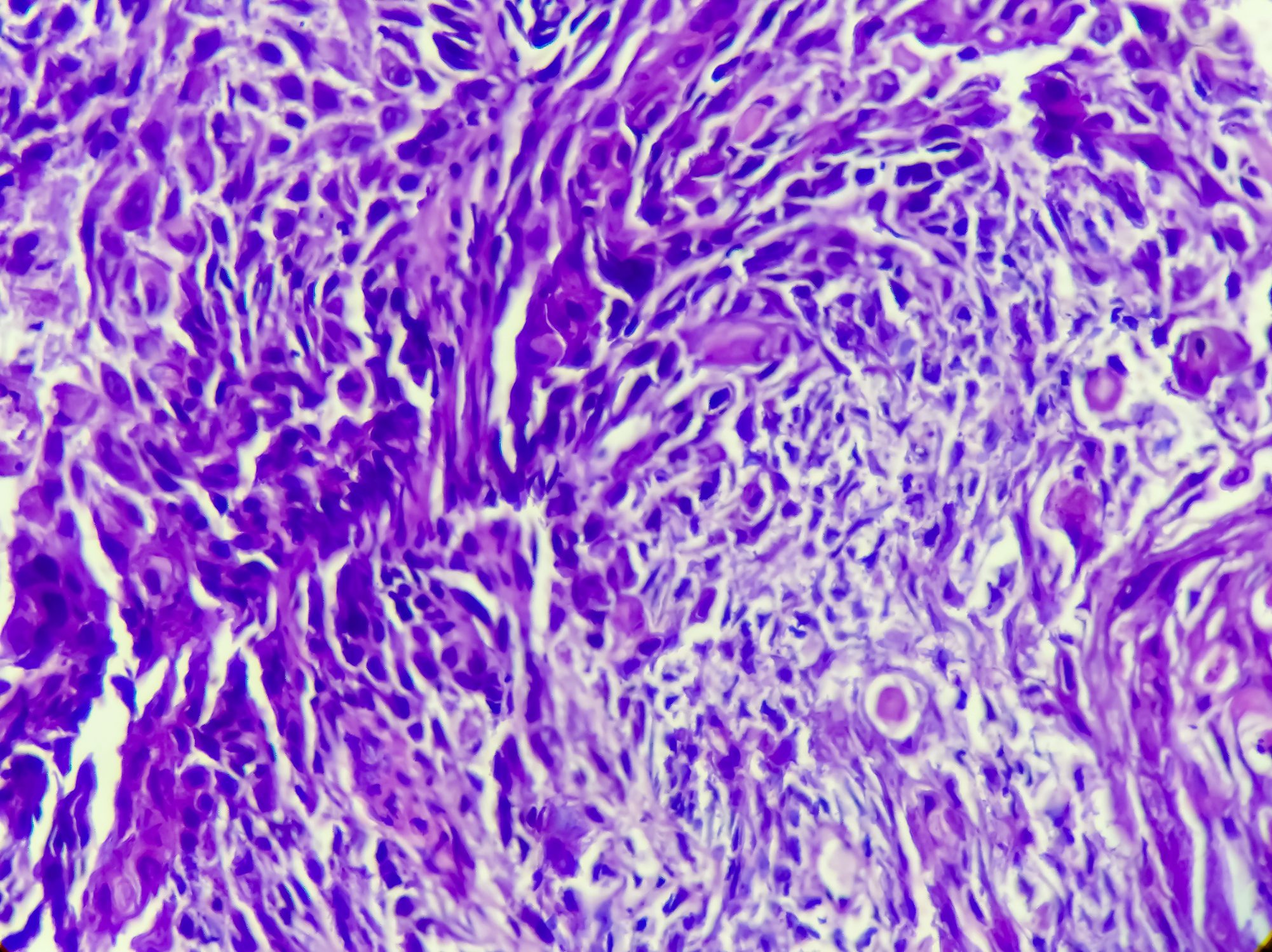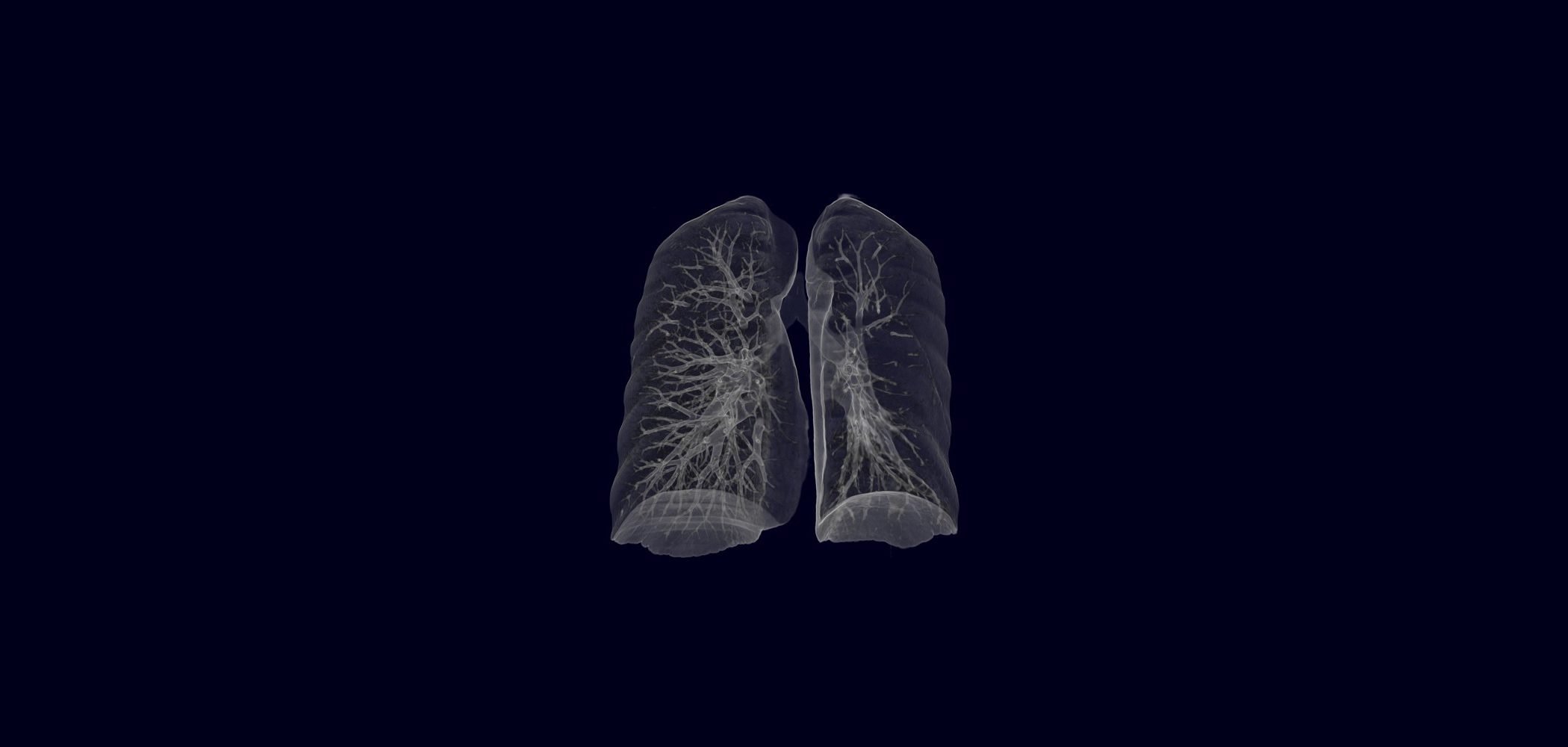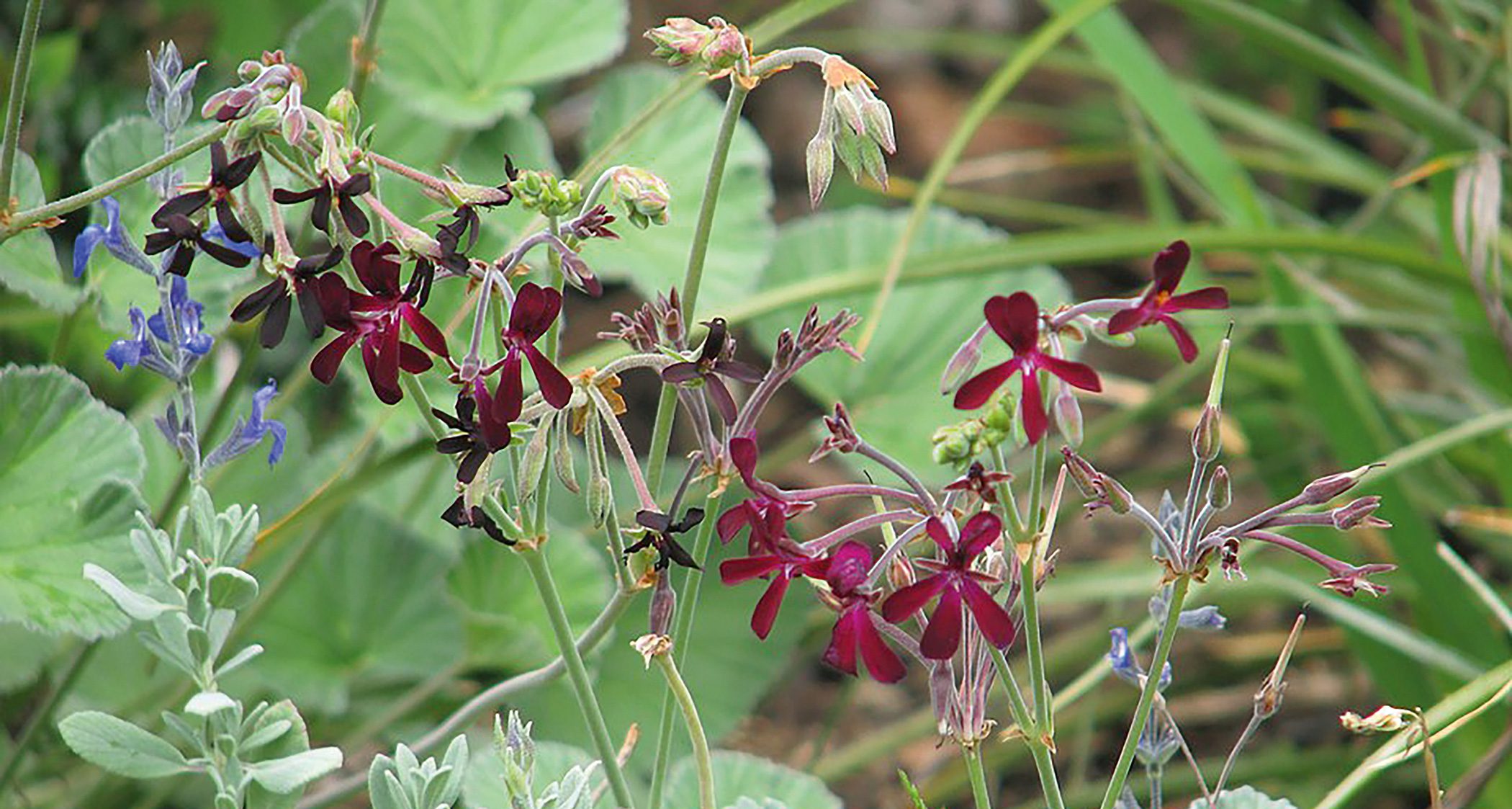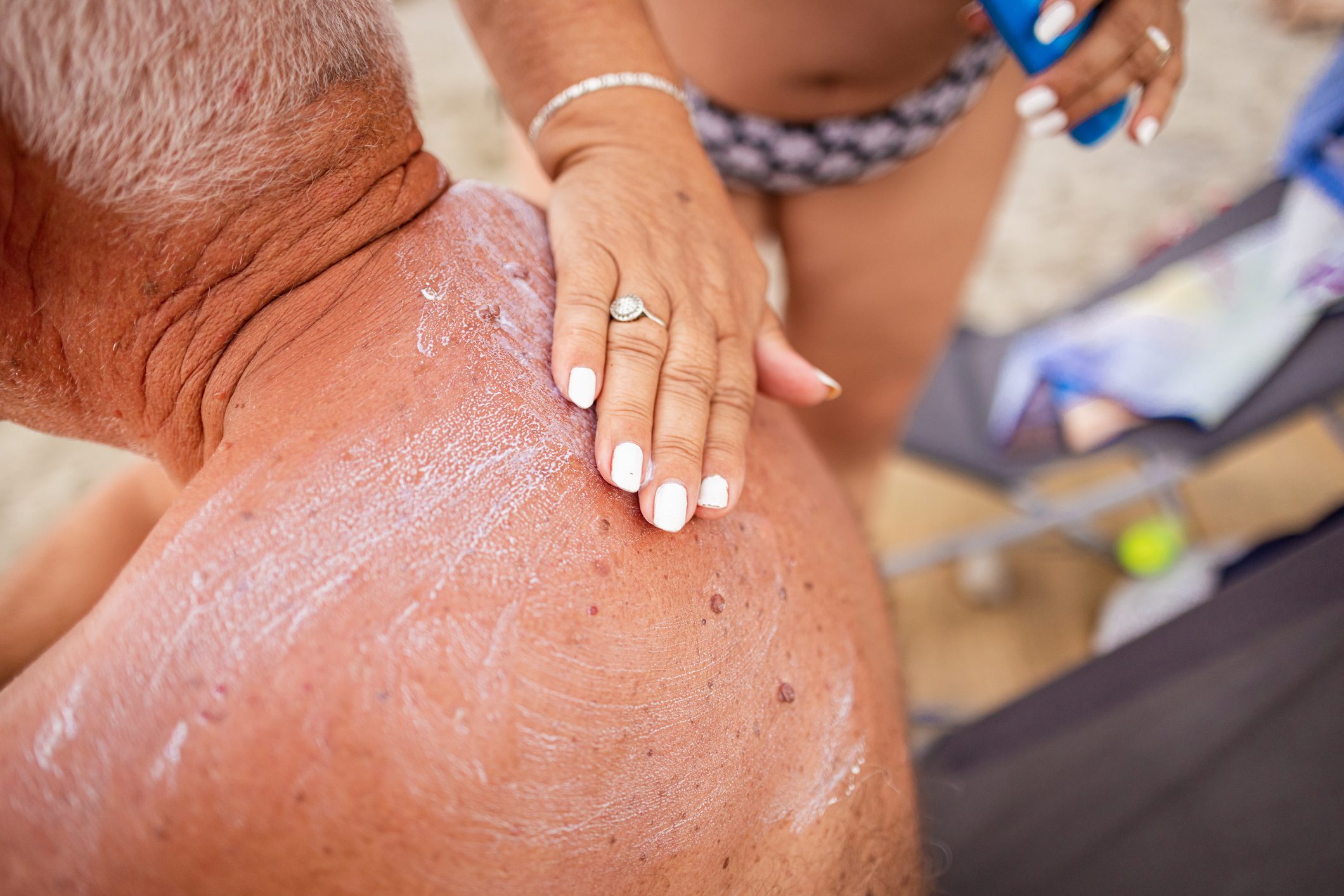The efficacy of St. John’s wort preparations for the treatment of mild and moderate major depression has been compared on several occasions with selective serotonin reuptake inhibitors (SSRIs). St. John’s wort (Hypericum perforatum) proved to be equal or even superior. Recently, the most comprehensive meta-analysis to date comparing Hypericum preparations with the most common SSRIs has been published.
Last year, a study by a team of Chinese researchers was published comparing the efficacy and safety of St. John’s wort preparations with that of commonly used selective serotonin reuptake inhibitors (SSRIs) [1]. The scientists found that St. John’s wort extracts had comparable efficacy to SSRIs and a lower rate of adverse events. The following is a German summary of the publication.
Alternative to current SSRIs
Major SSRIs include fluoxetine, paroxetine, sertraline, citalopram, escitalopram, and fluvoxamine. These are used to treat increasing numbers of major depressions worldwide. These SSRIs, while effective, are often associated with unpleasant side effects such as nausea, sleep disturbances, dizziness, and sexual dysfunction. St. John’s wort extracts are often used as an alternative to SSRIs, which have been scientifically proven to be effective [2,3] and have fewer side effects than conventional antidepressants [3]. The meta-analysis discussed here comparing SSRIs and St. John’s wort is the most comprehensive of its kind to date.
Study design
The meta-analysis included studies that examined patient collectives taking either a St. John’s wort preparation or one of the above SSRIs for at least four weeks. The primary study objective was absolute change in the Hamilton Rating Scale for Depression (HAMD) from baseline to the end of the study. A reduction in HAMD of >50% was considered a response, and a reduction of more than 75% indicated remission. Clinical global impression (CGI) was considered an additional outcome variable in many studies. In addition, to assess safety and potential side effects, the occurrence of adverse events was recorded in 19 studies, and associated treatment discontinuations were recorded in 12. Studies without efficacy and safety data and studies with other antidepressants were not included in the meta-analysis.
The majority of included studies were randomized and double-blind. They were performed with different St. John’s wort extracts such as WS 5570 (Schwabe), Li 160 (Vifor), Ze 117 (Zeller), LoHyp 57 (not commercially available in Switzerland), STW 3 (Permamed) in doses of 300-1800 mg extract or with St. John’s wort extracts without further designation (Tab. 1) . Fluoxetine, sertraline, paroxetine and citalopram served as comparative SSRIs. The studies lasted between 4 and 12 weeks. The lowest number of subjects per study was 30, and the highest was 428.
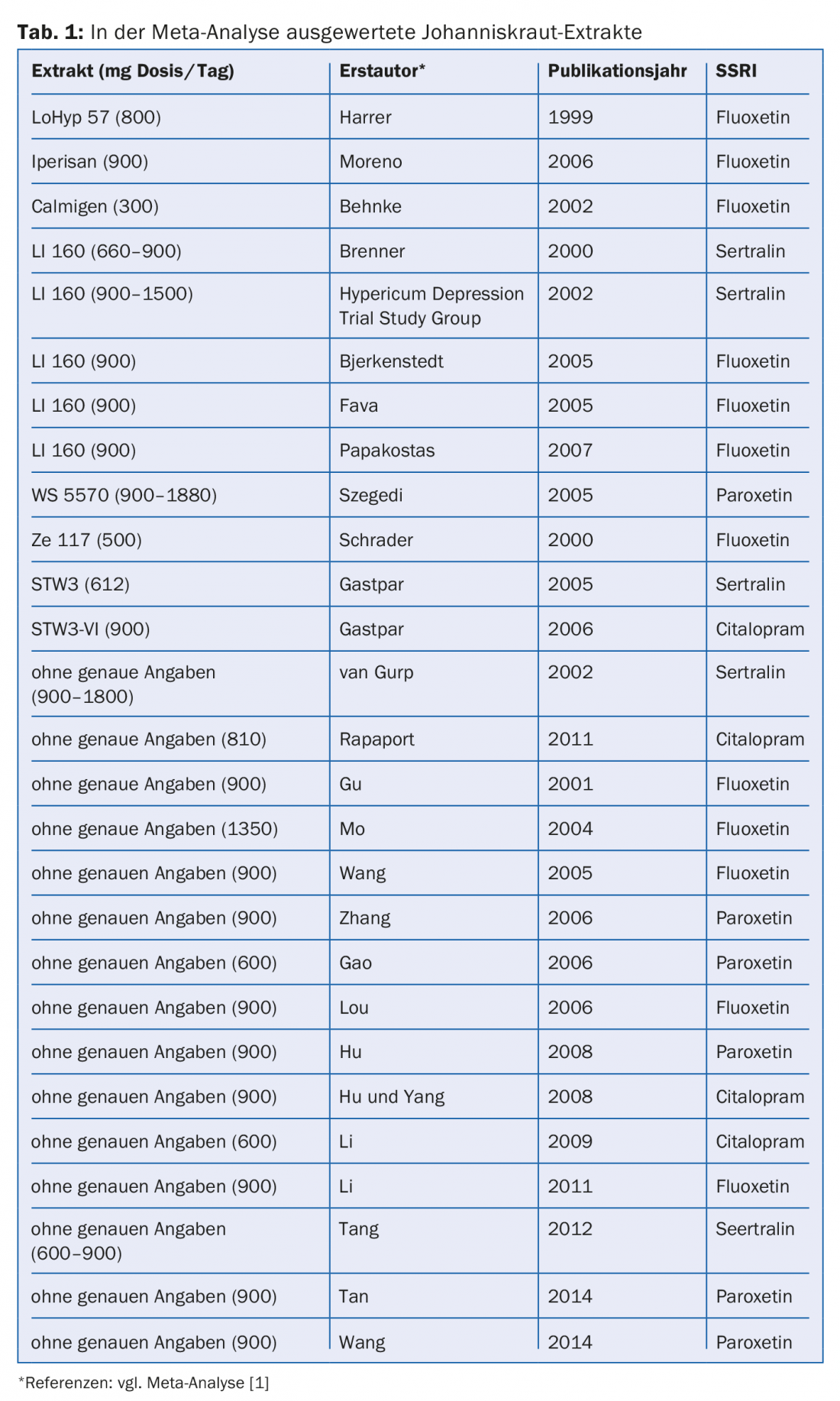
Most patients enrolled in the study suffered from episodes of mild to moderate depression. In some studies, a baseline HAMD value >18 was a prerequisite. Three studies did not provide information on the severity of depression.
Two-thirds of the studies had a Jadad score of 3-5 to assess methodological study quality. All results were statistically analyzed.
Equally effective and safer
For the analysis, 27 studies with a total of 3126 patients were included in the meta-analysis.
St. John’s wort extracts were shown to be as effective as the SSRIs. Both the relative risk (RR) for clinically measurable efficacy in all studies studied and the RR for remission of St. John’s wort compared with SSRIs were not significantly better at 1.02 (p=0.51) and 1.07 (p=0.308), respectively.
Regarding the occurrence of adverse drug reactions (ADRs), St. John’s wort extracts were superior to SSRIs with an RR of 0.77 (p=0.00).
Treatment discontinuation due to ADRs of the study medication occurred in the group taking St. John’s wort extract in 4.1% of the study participants, whereas 6.7% discontinued due to ADRs of the SSRIs.
St. John’s wort-related treatment discontinuations were significantly lower than SSRI-related discontinuations (p=0.02).
Conclusions for practice
The present meta-analysis shows that the efficacy of St. John’s wort for the treatment of mild to moderate major depression is comparable to that of SSRIs. The authors of the study interpret the results as an extension of a similar meta-analysis by Rahimi et al [4]. This showed a comparable efficacy and side effect profile of Hypericum perforatum extracts compared to SSRIs. In addition, the meta-analysis discussed here included studies from more recent years and also showed that St. John’s wort extracts had fewer adverse events than SSRIs.
The mode of action of St. John’s wort extracts was not investigated in the included studies. However, it is known from other studies that the extract increases the concentration of neurotransmitters (serotonin, norepinephrine, dopamine) in the synaptic cleft by various mechanisms similar to traditional antidepressants [5]. The authors listed as one of the limitations of this study the fact that only depressed adults were studied. Systematic data for the treatment of depressed adolescents are lacking.
Based on the results of their meta-analysis, the authors describe St. John’s wort extracts as a valid alternative to SSRIs in the treatment of corresponding depression.
Literature:
- Yong-Hua Cui, Yi Zheng: A meta-analysis on the efficacy and safety of St John’s wort extract in depression therapy in comparison with selective serotonin reuptake inhibitors in adults, Neuropsychiatric Disease and Treatment 2016; 12: 1715-1723.
- Kasper S, et al: Continuation and long-term maintenance treatment with Hypericum extract WS 5570 after recovery from an acute episode of moderate depression – a double-blind, randomized, placebo controlled long-term trial, Eur Neurpsychpharmacol 2008; 18: 803-813.
- Gastpar M, et al: efficacy and tolerability of hypericum extract STW3 in long-term treatment with a once-daily dosage in comparison with sertraline, Pharmacopsychiatry 2005; 38: 78-86.
- Rahimi R, et al: Efficacy and tolerability of Hypericum perforatum in major depression disorder in comparison with selective serotonin reuptake inhibitors: a meta-analysis, Prog Neuropsychopharmacol Biol Psychiatry 2009(1); 33: 118-127.
- Rommelpacher H, et al: Acute and chronic actions of dry methanolic extract of Hypericum perforatum and a hyperforin-rich extract on dopaminergic and serotonergic neurons in rat nucleus accumbens, Pharmacopsychiatriy 2001(Suppl 1); 34: 119-126.
HAUSARZT PRAXIS 2017; 12(9): 8-12






